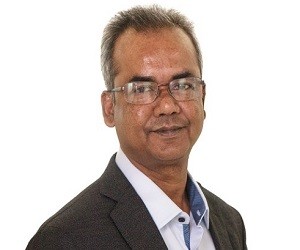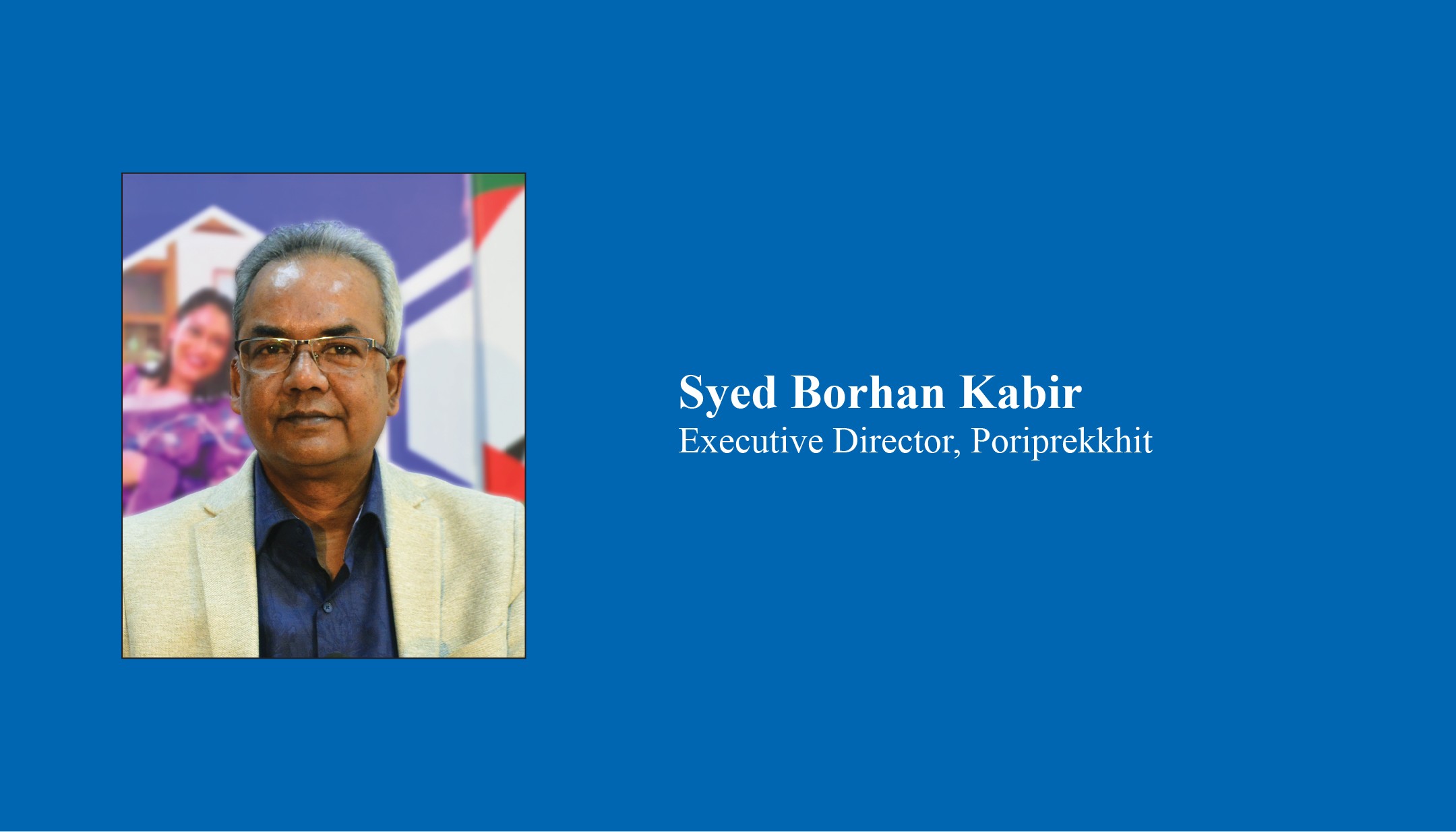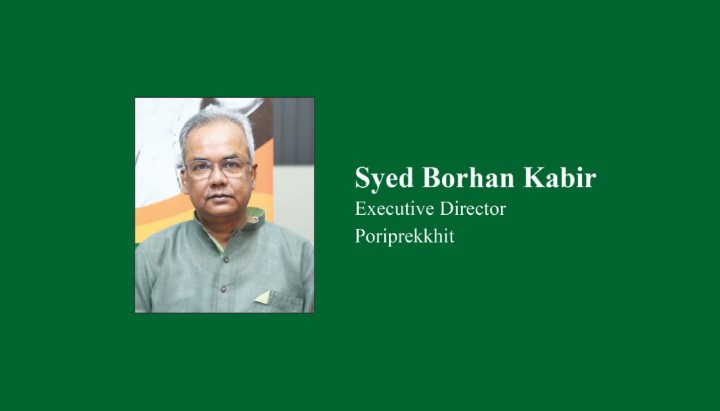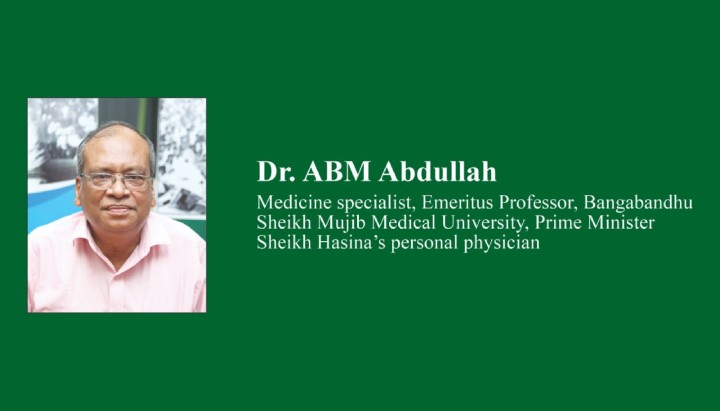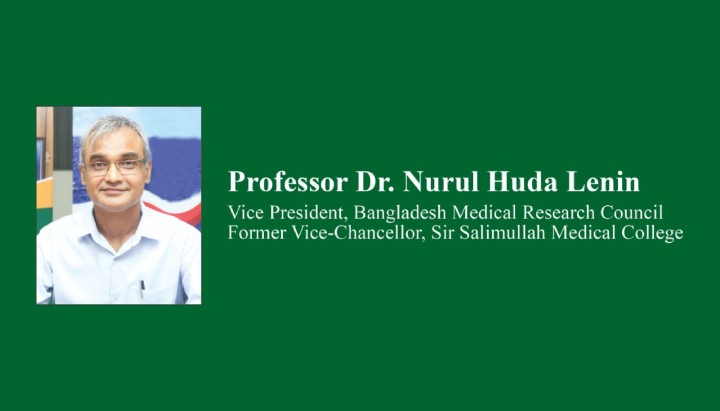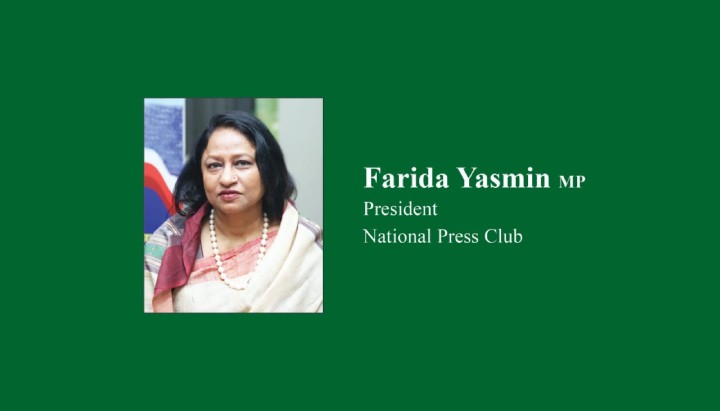The 4th of July is celebrated as
the Independence Day of the United States of America. On that date in 1776, the
leaders of the continental 13 colonies of America adopted the Declaration of
Independence from the British dominion. The 4th of July was first celebrated on
the 8th of July in Boston and Philadelphia in 1777.
The people of 13 colonies of
America were upset with the British rule as it has been increasing taxes to pay
for wars. During the late 1760s and early 1770s, the British had to fight two
wars, one in the East in Bengal and the other in the West against the 13
American colonies. In order to run two wars, the British government was facing
severe strain in managing funds. Therefore, it increased taxation in the
colonies. But, the leaders of American colonies could not accept additional
taxation, and therefore, they launched a
movement of "No taxation without representation." When Townsend tax
was imposed on tea that they used to get from Bengal via Great Britain, the
American revolutionaries symbolically dumped Tea Chests in the Boston Harbor
popularly known as the 'Boston Tea Party'.
As the British were finding
difficulty to run two wars, Prime Minister William Pitt of England asked his
Cabinet to come up with a solution to fund the wars. The Cabinet Committee
recommended Prime Minister William Pitt to grant Independence to 13 American
colonies and intensify their war efforts in Bengal. Their rationale was that on
those days, the East India Company was making more money in India than that of
all 13 American colonies, the West Indies, the Caribbean, and Canada combined.
In fact, the British exchequer was receiving revenue of around 400,000 pounds
sterling per annum from all 13 American colonies, the West Indies, Caribbean, and Canada together. As
against this, they were receiving 100 times more revenue from Bengal, nearly
40,000,000 (40 million) pounds sterling annually. Therefore, the Prime Minister
decided in 1776 to grant Independence to American colonies and intensify their
subjugation in Bengal.
The Americans honored Prime
Minister William Pitt by naming its famous industrial city of iron as
Pittsburgh. No wonder James Novak of Asia Foundation, an American scholar,
opined that Bengal's sacrifice resulted in the Independence of United States of
America (Novak, 1993)
After almost 200 years, in 1971,
when Bengalees were fighting for their Independence, the American law-makers,
Senators and Congressmen, American
scholars, professors, doctors, and intellectuals including American diplomats supported the cause of the liberation of
Bangladesh. The American diplomat stationed in Dhaka, Arthur K. Blood and his
colleagues sent his famous Blood Telegram to the US government narrating the
Pakistani massacre and atrocities.
Harvard Professor John Edward Mason, Professor Marglin, and David
Dorfman plus Professors Hanna and Gus Papaneck, those who were experts in
Pakistan, stated in April 1971, and I quote, "emergence of independent
Bangladesh will be a reality." The question is, at what cost, and at the
cost of how many lives. Sooner, the US administration of Nixon-Kissinger
realizes it. It's better, it's better for all.
Popular American singers and
musicians John Harrison, Joan Baaz, Robi Sanker, et al. organized a Bangladesh
Concert at the Madison Square garden in New York to raise public awareness and
also funds for the refugees. Thousands of people echo them, Bangladesh, O! Bangladesh.
Although Nixon-Kissinger
administration was adamant, and they violated all American national and
international laws to support the Pakistani military junta to perpetuate its
genocide in then East Pakistan (now Bangladesh), American lawmakers like
Senator Edward M
Kennedy, Sen. Sexbe, Senator Walter Mondale,
Richard Reid, Congressman Gallagher, et al. brought one after another bills to
block the US weapons' shipment to Pakistan. The longshore men and women of
Baltimore and Philadelphia blocked the passage of ships loaded with weapons for
Pakistan with their hundreds of small boats and canopies. We, as Bangladeshis,
are proud of them. We are grateful to all of them.
The good news is, although the US
administration opposed the Independence of Bangladesh but once we got our
victory on 16th December 1971, the US government soon recognized us, and they
supported our bid for the UN membership 15 times out of 16 (once Abstained).
Not only that, the USA was one of the largest donors to Bangladesh immediately
after our independence. Now, our relationship with the USA is multifaceted, and
they are our largest importer of RMG and also the largest investor. We share
the same values and principles of democracy, human rights, freedom of religion,
speech, and media just like the Americans. Bangladesh is the only country in
the world that sacrificed 3 million lives in 1971 in order to establish
democracy, justice, human rights, and human dignity.
While Americans are celebrating
the 4th of July, their Independence Day, we also join them for better, more
humane, and more peaceful world for all.
------
Dr. A K Abdul Momen
MP and Chair of the Parliamentary
Standing Committee on Foreign Affairs and also former Foreign Minister of
Bangladesh

